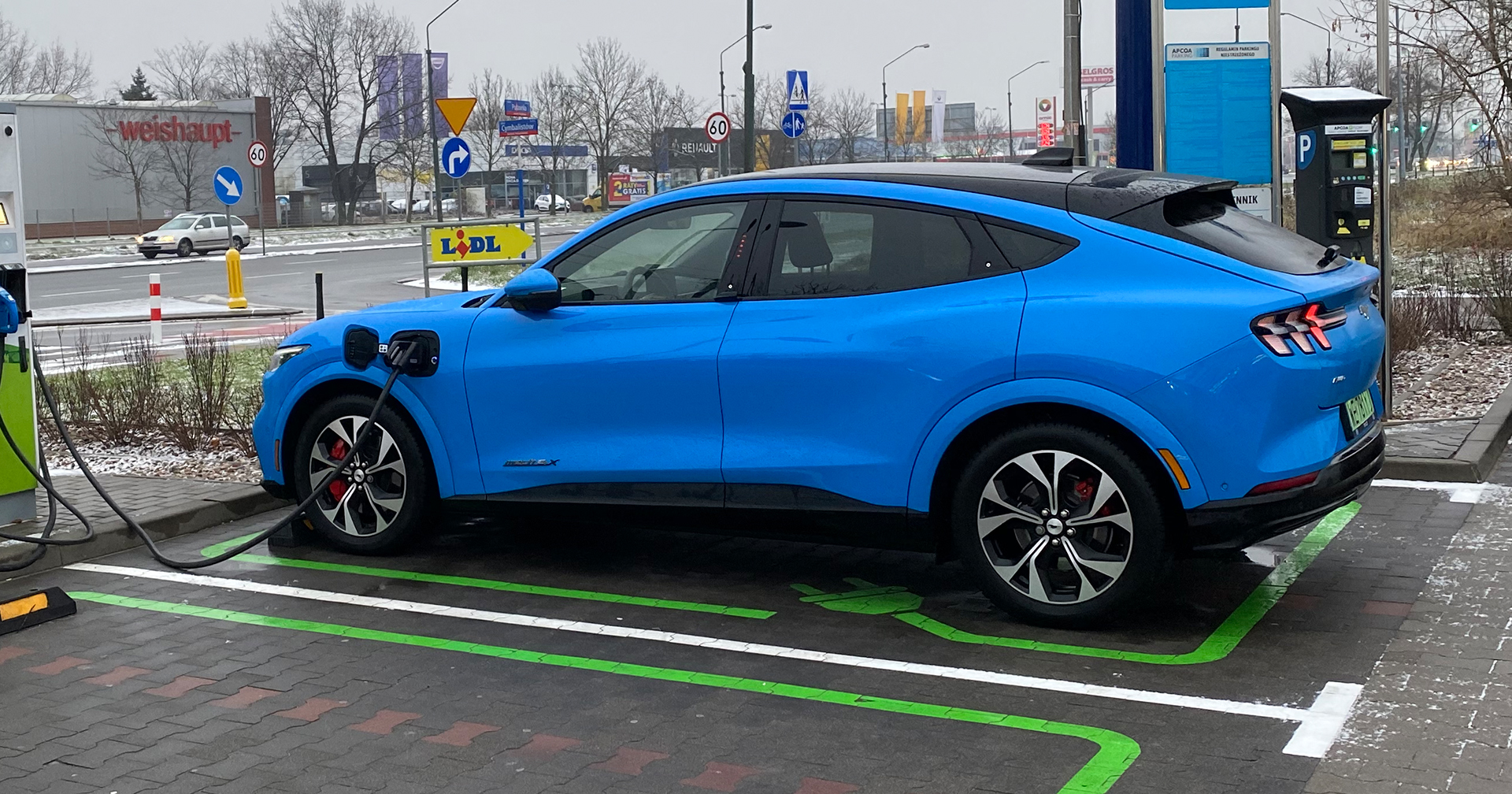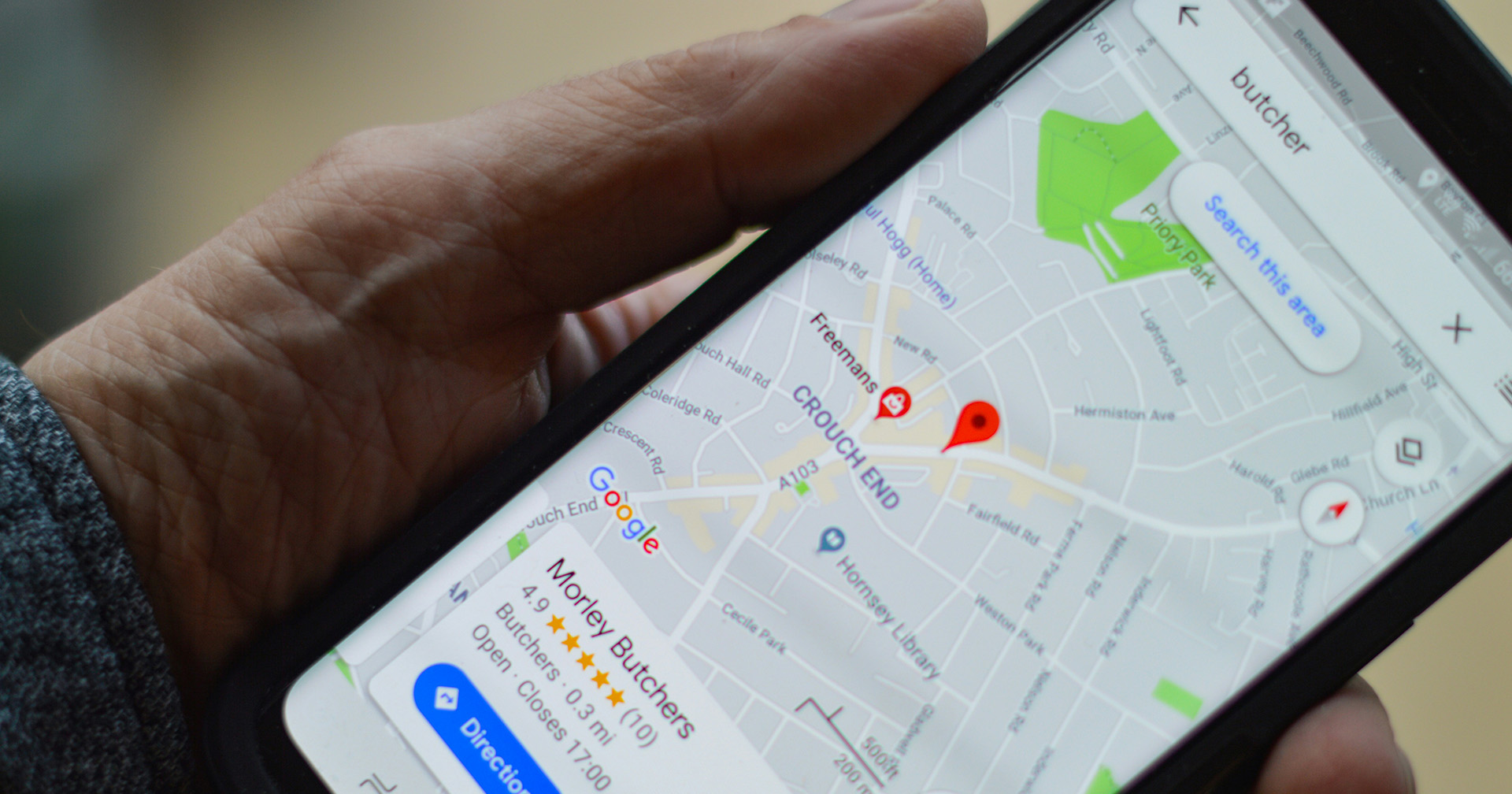Agencja reklamowa – strony www, aplikacje, video, kampanie 360
What elements should a website contain?
Czas czytania: 4 min.
The key to an effective online presence
In today’s digital world, having an effective website is a key element of success for any company or institution. Depending on the nature of the project, a website may fulfill various purposes. What should a website contain to attract traffic and convert it into customers or build credibility and image? In this article, we will analyze the key elements that must be included on a website to ensure its effectiveness, high visibility in search engines and attractiveness to users.

What elements should a website contain - practical tips and tricks
1. High-quality content
The first and most important element of every website is undoubtedly high-quality content that meets the intended goals, presents the company and its offer, and ensures credibility. This content should be both valuable to users and optimized for search engines. By covering a variety of content forms such as articles, blogs, infographics, videos, and more, you can attract a diverse audience and increase engagement.
2. Keywords
Implementing properly selected keywords on a website is an important factor in the SEO optimization process. Before you start creating content, it’s a good idea to conduct keyword research to identify the phrases that are most relevant to your industry and business goals. You should then place these keywords in strategic places on the page, such as titles, headings, content, and meta tags. It should be mentioned here that SEO will not be crucial for every website, because some websites dedicated to single events or sales are based on paid campaigns, which are the primary source of traffic to the website. However, if you want your website to attract organic traffic from search engines and plan its online presence for a longer period of time, you should not forget about its proper positioning. I write more about creating websites optimized for search engines here.
3. Responsiveness and ease of navigation
Another important element is the website’s responsiveness and intuitive navigation. The website should be mobile-optimized to provide users with a smooth and convenient experience, whether they are using a computer, smartphone or tablet. Moreover, clear and intuitive website navigation makes it easier for users to find the information they need and extends the time spent on the website by limiting the occurrence of so-called “dead ends”. We write more about website design for mobile devices here.
4. Multimedia elements
Introducing a variety of multimedia elements such as images, videos and infographics will enrich the positive user experience and make the website more visually attractive. Moreover, as they say, “A picture is worth a thousand words”, and various types of graphics and multimedia perfectly complement the written content and make the content easier to digest. Therefore, it is important that these are not just “graphic decorations”, but elements that provide added value to the project. Remember also that graphic or video materials also have an impact on SEO, but in order to optimize the multimedia for positioning, you need to add appropriate alt tags and descriptions to them, which will help search engines understand the multimedia content and index it properly.
5. Contact forms and CTA
Don’t forget to place contact forms and “call to action” elements (CTA) on the website. They allow users to easily contact you and take desired actions, such as subscribing to your newsletter, downloading a free product sample, placing an order or registering for your event. Remember to place them in strategic places on the page so that they are easily accessible and visible to users.
6. Check that your website includes all the key elements
If you are creating a website, it is worth preparing a checklist to finally verify whether the website contains all the key elements for your project. The number of points may, of course, vary depending on the purpose of your website and how extensive it is, but the list of basic elements is usually similar and includes points such as:
- Is the website a logical extension of the content contained in the advertisement or other materials that link to it, both in terms of the visual layer and the content?
- After entering the website, does the user know what the website is about within a few seconds?
- Are the headline and CTA button visible and relevant to the purpose of the page?
- Does the website achieve its goal at first glance?
- Will the information collected in the forms allow us to take further actions?
- Do the forms contain the required marketing consents?
- Is the content written in the language of customer benefits?
- Are the benefits of using your offer clearly communicated?
- Does the website contain all key information about your offer, company or institution?
Is the content understandable? (But not for you, only for users) - Is the content error-free?
- Does the website build credibility?
- Does the website have Google Analytics code implemented and is the data recorded correctly
- Have the necessary cookie notices and privacy policy been added, and, if necessary, also the regulations?
- Does the domain have an SSL certificate?
- Is the website optimized for various devices (desktop, tablet, smartphone)?
- Does the website contain images and open graph descriptions that will make the link published on social media look correct?
- Does the website contain appropriate descriptions for search engines?
If the answer to all the above questions is yes, then congratulations 🙂
Summary
Creating an effective website requires taking into account many factors, from high-quality content, through proper website layout and design, to SEO optimization and adaptation of the website to mobile devices. Also remember to regularly update your content and monitor results to adapt your strategy to the changing needs and behavior of your website users and competitors. With the right approach and commitment, your website can become a strong tool for promotion, image building and generating online business.
We invite you to take advantage of our new offer and cooperate with us in creating an unforgettable brand image. JM Publicity – Your partnership in achieving business success!
Want to learn more? Go to the OFFER tab or DOWNLOAD THE OFFER IN PDF.









